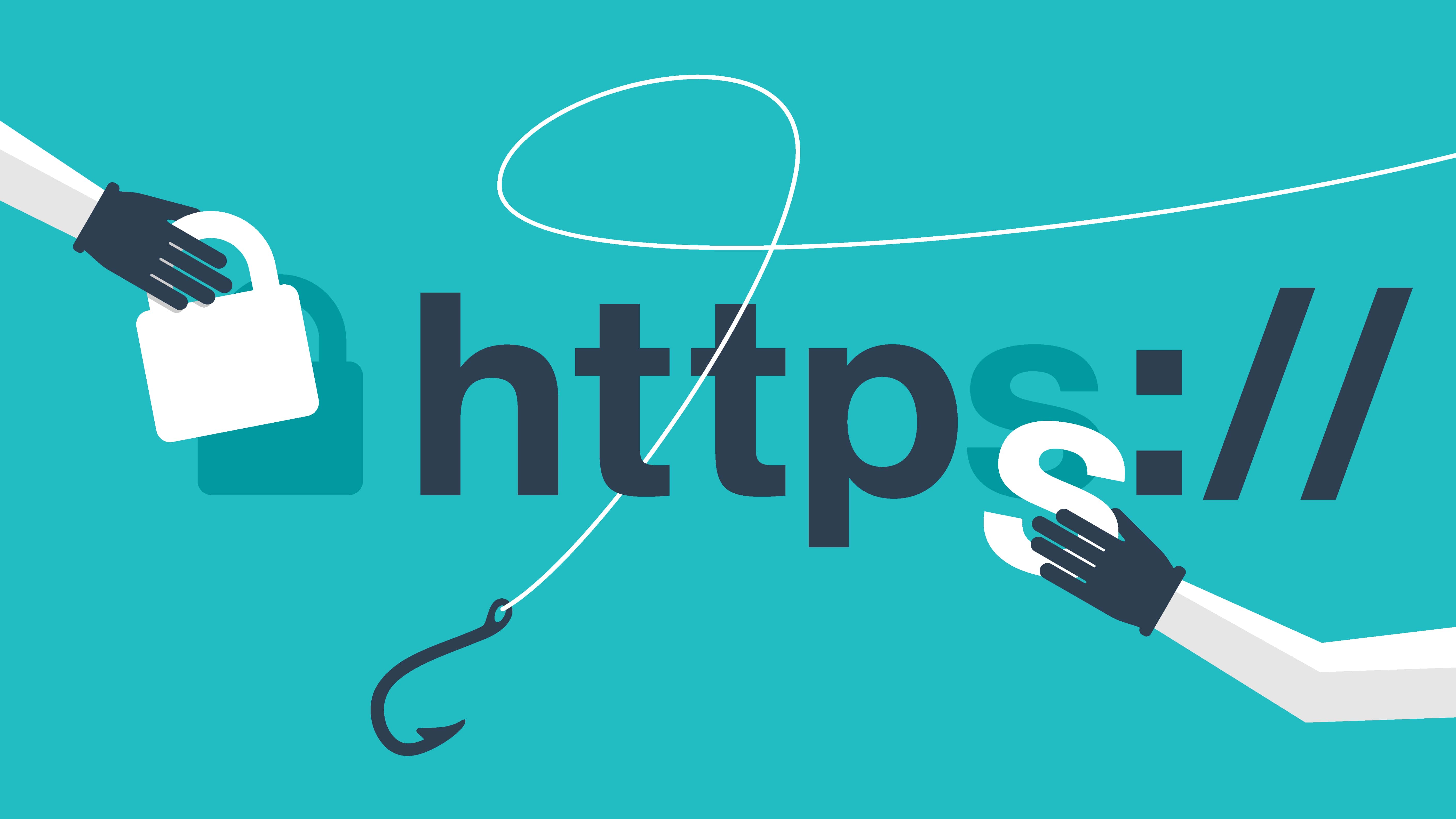Spammy websites beware - Google's link spam update is now live
It's often hard to tell the real from the fake, but Google wants to help

Google has revealed the roll out of its new tool to tackle websites infected with link spam is officially complete.
The search engine giant had unveiled its effort to tackle websites using spam links to rig rankings last month, as part of Google's quest to identify and eradicate spammy links across multiple languages.
In a tweet reply to its original post about the link spam update, Google confirmed the launch was now finished, having taken four weeks rather than the expected two - although there was no mention as to the cause of the delay.
- We've built a list of the best endpoint protection software
- And here's our list of the best small business website builders
- Also, check out our list of the best web hosting services right now
Will it work?
A handful of disgruntled users immediately took to Twitter to express their experiences with the new rollout - with a few suggesting that it's almost impossible for genuine websites to compete with spam ones.
However, Google is confident that the roll out will do exactly what it says on the tin.
"Overall, the effectiveness of link spam has been greatly reduced over the past two decades, thanks to our constant improvements in our ranking systems and spam detection systems," the company said in a blog post.
"Still, there's always room for improvement, especially as we observe sites intentionally building spammy links with the intent of manipulating ranking, often in deceptive ways."
Sign up to the TechRadar Pro newsletter to get all the top news, opinion, features and guidance your business needs to succeed!
Google added that websites taking part in link spam will see changes in Search as those links are re-assessed by its algorithms.
In regards to affiliate links, Google asked that websites participating in affiliate programs should qualify these links with rel="sponsored", regardless of whether these links were created manually or dynamically.
“When we detect sites engaging in either publishing or acquiring links with excessive sponsored and guest posting without proper link tags, algorithmic and manual actions may be applied, similar to affiliate links,” Google added.
While Google confirms improvements to its detecting and nullifying spam link techniques, the search engine still strongly recommends that website owners apply the appropriate rel values to these links.
- These are the best identity theft protection services on the market

Abigail is a B2B Editor that specializes in web hosting and website builder news, features and reviews at TechRadar Pro. She has been a B2B journalist for more than five years covering a wide range of topics in the technology sector from colocation and cloud to data centers and telecommunications. As a B2B web hosting and website builder editor, Abigail also writes how-to guides and deals for the sector, keeping up to date with the latest trends in the hosting industry. Abigail is also extremely keen on commissioning contributed content from experts in the web hosting and website builder field.